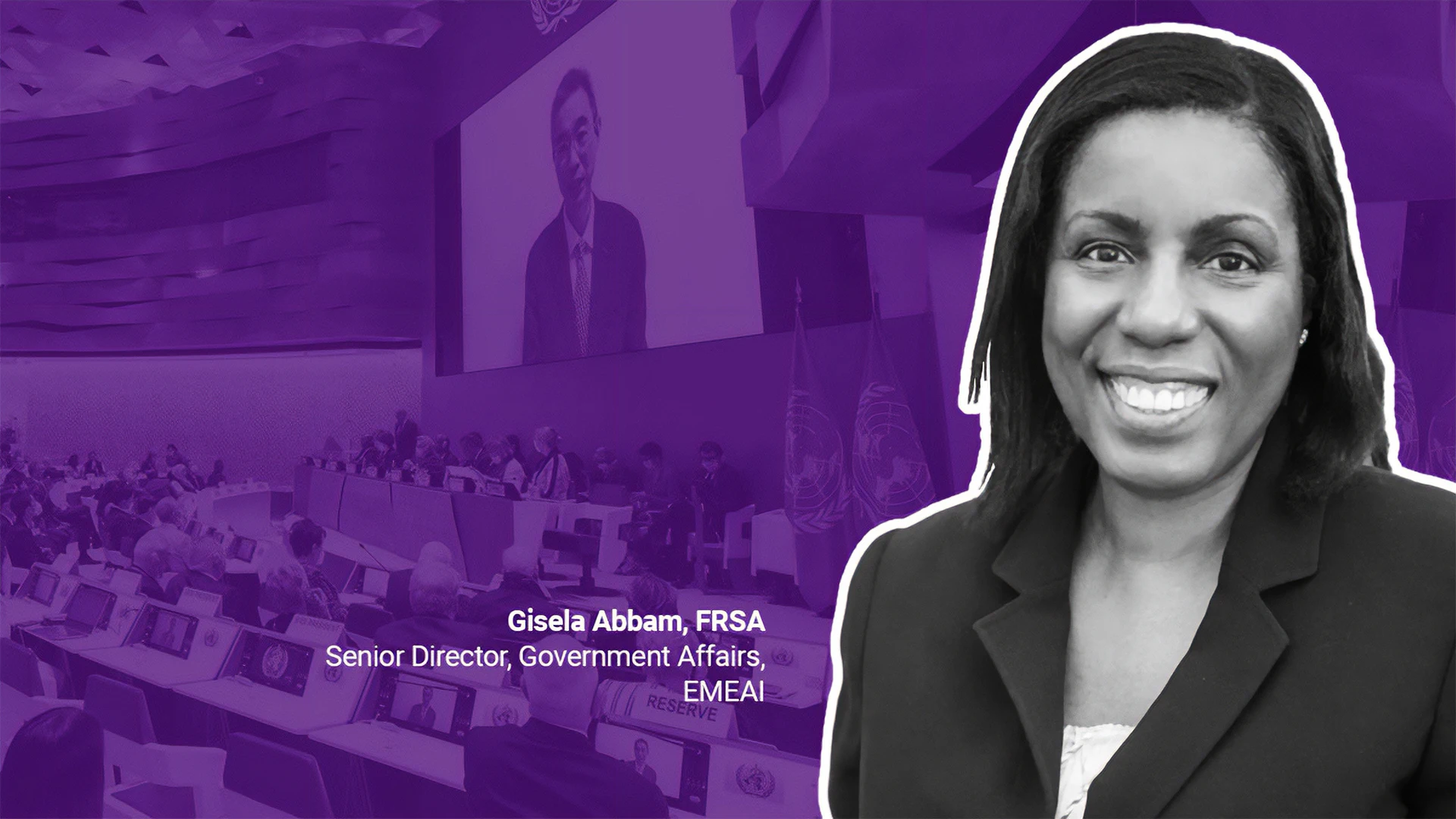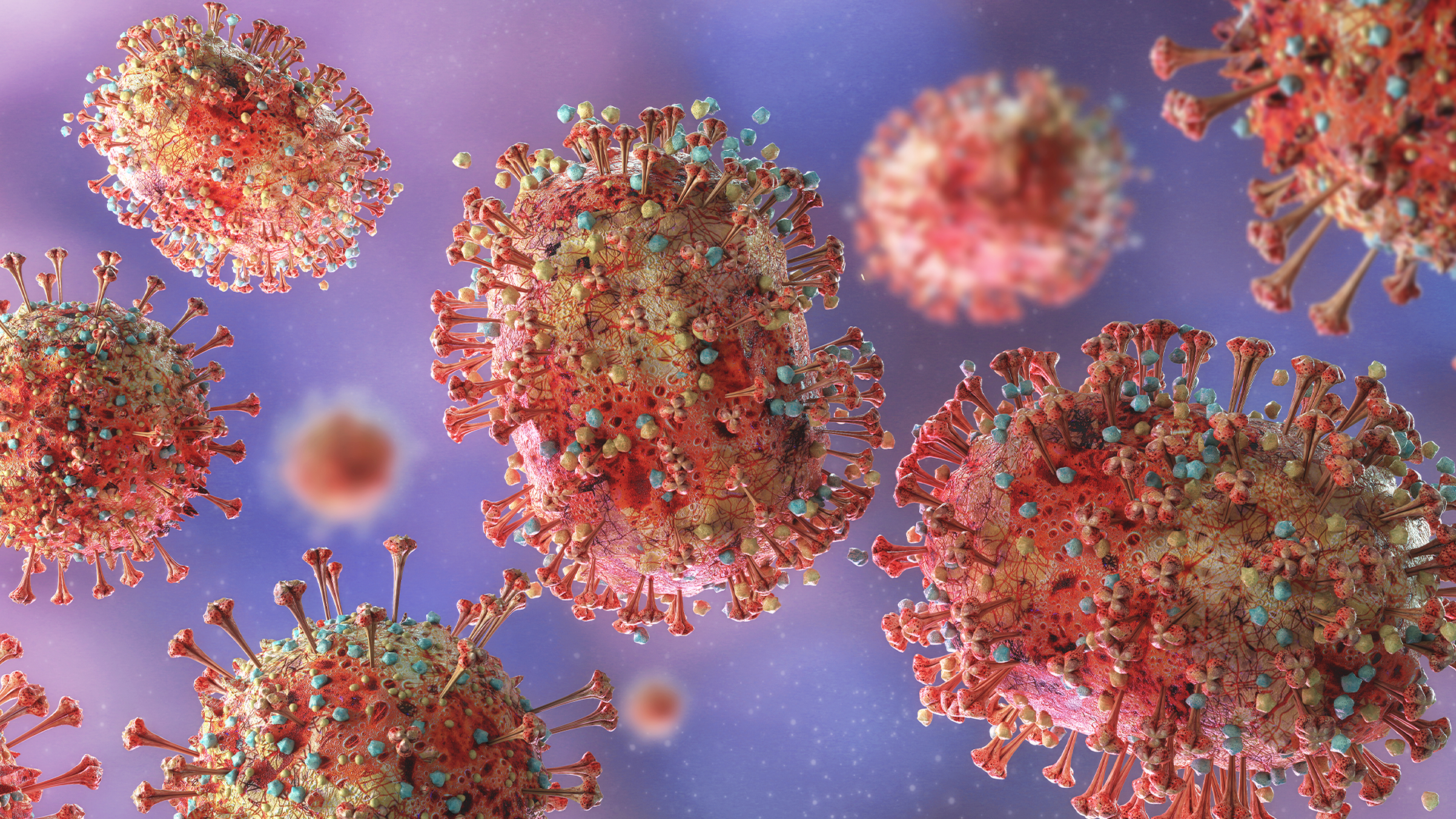From May 22-28, 2022, more than 190 Ministers of Health, numerous elected officials and other policy makers and shapers convened in Geneva, Switzerland for the 75th World Health Assembly (WHA). The theme of this year’s Assembly was “Health for Peace, Peace for Health,” and I had the privilege of attending in-person on behalf of Revvity as a delegate.
This year’s Assembly was significant, as it marked the move towards some form of normality after two years of lockdown due to the global pandemic. Dr. Tedros Adhanom Ghebreyesus, the Director-General of the World Health Organization (WHO), stated in his opening remarks that the focus of the WHA included “building a new architecture for global health security; and renewing the drive towards universal health coverage.”
Unsurprisingly, there were a plethora of resolutions proposed to work toward advancing those goals. For example, the WHA approved a “Global Strategy on Infection Prevention and Control” (IPC) through a resolution that aims to develop a global action plan to prevent communicable disease. Furthermore, WHA delegates agreed on recommendations for strengthening the design and implementation of policies – including those for resilient health systems and infrastructure – to prevent and manage non-communicable diseases (NCD) in humanitarian emergencies.
From a delegate’s perspective, the many important discussions taking place during WHA75 underscore the global health priorities for the coming year. Here are a few other topics that are of particular interest to me and I’m sure many of my colleagues and collaborators.
Emergency preparedness and response
During my time at the WHA, I joined a discussion on emergency preparedness and response that focused largely on COVID-19, but also touched on other infectious diseases such as monkey pox and tuberculosis. The discussion emphasized the need for sustainable financing for WHO to build and strengthen resilient health systems.
Participants recognized the important role that the WHO plays in supporting national and global health emergency preparedness and response efforts, as well as the costs associated with maintaining that infrastructure. In this sense, infrastructure ranges from diagnostic testing facilities and healthcare centers, to supply chain and distribution networks for personal protective equipment, vaccines and other medical supplies.
The discussion confirmed that collaboration between nations and across industries is a prerequisite for health emergency prevention, preparedness and response (evidenced in this report). In this spirit, one proposal called for setting up laboratory networks that would enable earlier identification of new pathogens before they have a chance to spread. However, without continuing to invest in strengthening current health systems, countries will be unable to respond effectively to new pandemics.
Addressing cancer and other infectious diseases
While much attention was given to the COVID-19 pandemic and how we might prevent similar global health threats like it, WHA delegates made it a priority to address other global health concerns, one of which was cervical cancer.
Like COVID-19 and other diseases, eliminating cervical cancer will require a global strategy. In his report to WHO Member States, the Director-General referenced recent progress made through one such program – the Cervical Cancer Elimination Initiative – which supported the introduction of HPV vaccines to more than 40 countries. The three pillars of this initiative are vaccination, screening and treatment, and it has set aggressive targets for participating countries to reach by 2030.
Similarly, global coordination is both beneficial and necessary in addressing infectious diseases like tuberculosis (TB) – the second leading infectious disease cause of death behind COVID-19. There was discussion at the WHA about the importance of restarting essential TB services worldwide, which had been paused due to the pandemic, and a report calling for resources to be mobilized in order to accelerate progress toward goals to reduce TB prevalence and TB related deaths. We can expect continued research and innovation in this disease in the year ahead.
Standardization of medical devices nomenclature
There are thousands of different types of medical devices in use around the world – from stethoscopes to complex medical technologies. However, there is no common standard name for each type of medical device, which has caused confusion between the various types of devices, affected supply and traceability, and in some cases, impeded health care delivery.
Member States requested the WHO Secretariat to “continue the integration of information related to terms, codes and definitions of existing systems for naming medical devices, and make them available to Member States, through its Medical Devices Information System (MEDEVIS).” In theory, by linking MEDEVIS to other WHO electronic platforms, such as the International Classification of Diseases (ICD-11), organizations and individuals working in the healthcare sector can speak a common language. This proposed process improvement should enhance access and advance the management of medical devices globally, while also improving care for more people around the world.
Looking ahead
All in all, we all know that “health is wealth,” and therefore health has to be a priority for all countries.
The economic case for investment in public health is clear from the effects of the global pandemic. Further improvements can be made by continuing to collaborate across borders and industries, and by working toward achieving the clear, measurable goals set at this year’s Assembly across focus areas.
I look forward to next year and learning how we measure up against them in our effort to improve “Health for All.”
Gisela Abbam, FRSA
Senior Director, Government Affairs
Revvity, Inc.































